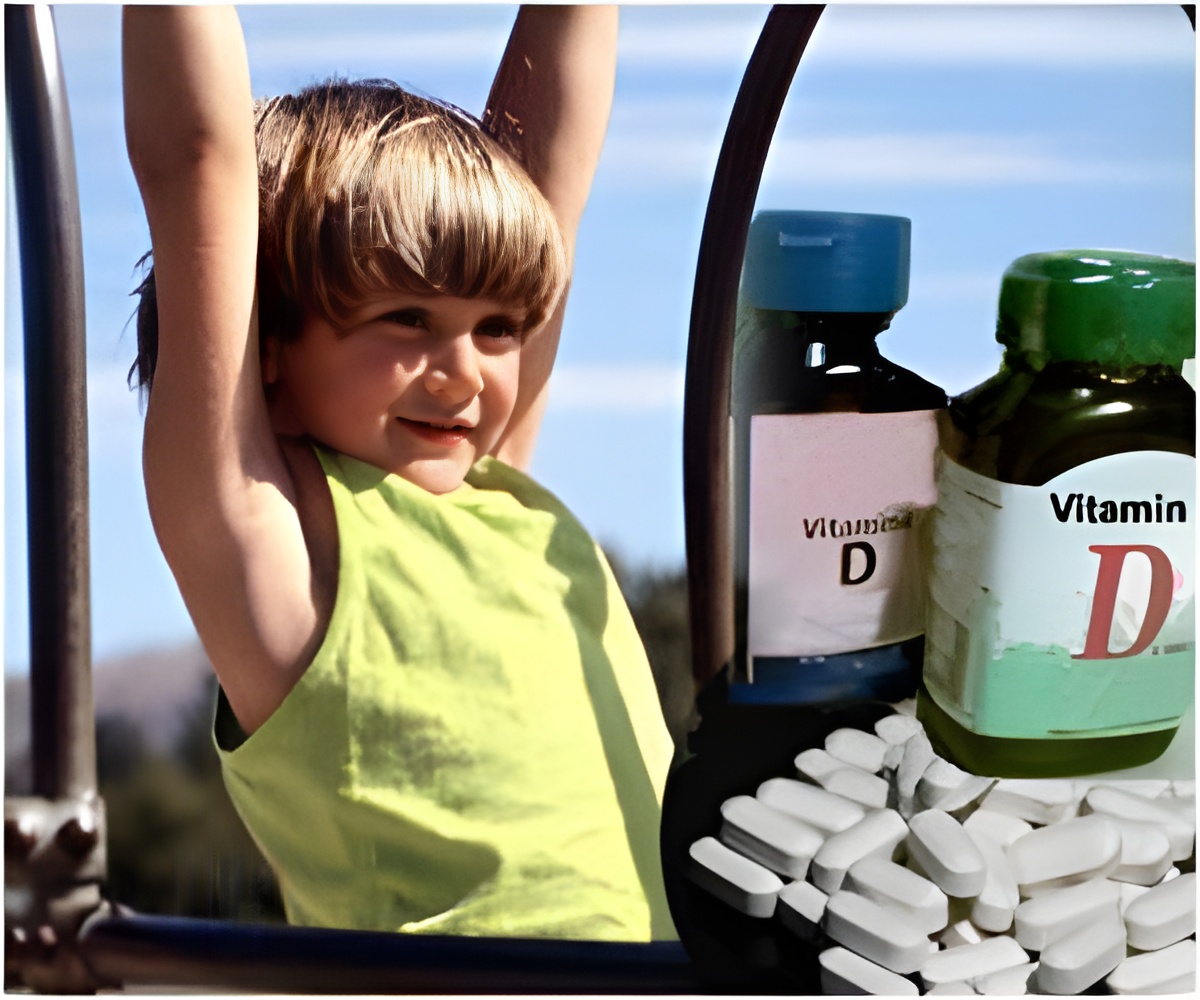New research suggests that children are likely to have stronger muscles if their mothers had a higher level of vitamin D in their body during pregnancy.

Low vitamin D concentrations are common among young women in the UK, and although women are recommended to take an additional 10μg/day of vitamin D in pregnancy, supplementation is often not taken up.
In the research, published in the January edition of the Journal of Clinical Endocrinology and Metabolism, vitamin D levels were measured in 678 mothers in the later stages of pregnancy.
When the children were four years old, grip strength and muscle mass were measured. Results showed that the higher the levels of vitamin D in the mother, the higher the grip strength of the child, with an additional, but less pronounced association between mother's vitamin D and child's muscle mass.
Lead researcher Dr Nicholas Harvey, Senior Lecturer at the MRC LEU at the University of Southampton, comments: "These associations between maternal vitamin D and offspring muscle strength may well have consequences for later health; muscle strength peaks in young adulthood before declining in older age and low grip strength in adulthood has been associated with poor health outcomes including diabetes, falls and fractures. It is likely that the greater muscle strength observed at four years of age in children born to mothers with higher vitamin D levels will track into adulthood, and so potentially help to reduce the burden of illness associated with loss of muscle mass in old age."
The 678 women who took part in the study are part of the Southampton Women's Survey, one of the largest and best characterised such studies globally.
Advertisement
Advertisement















